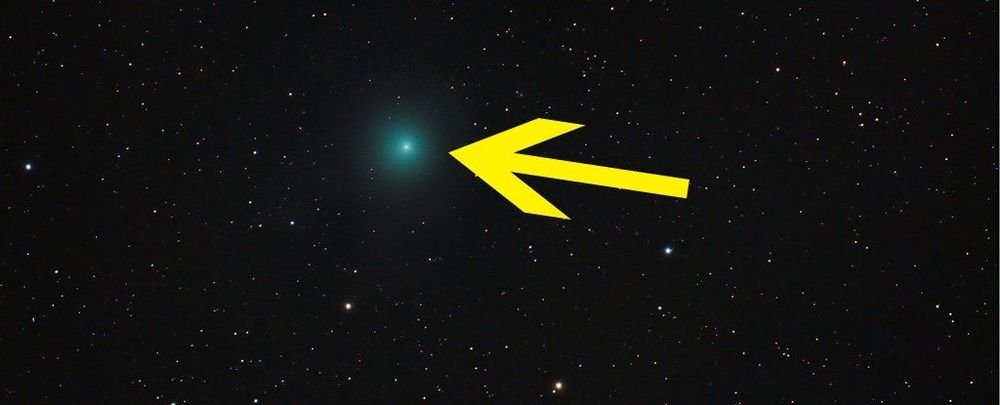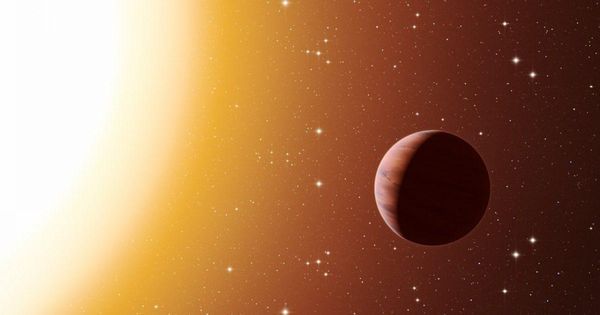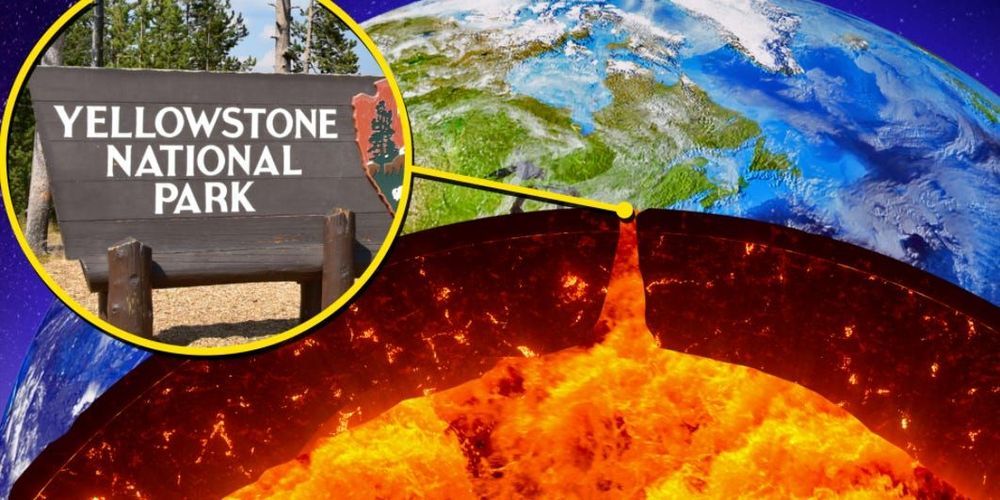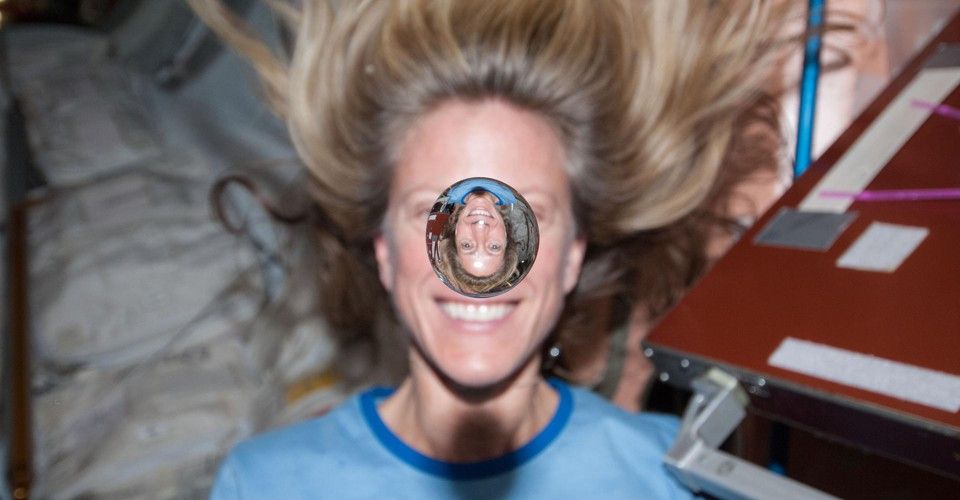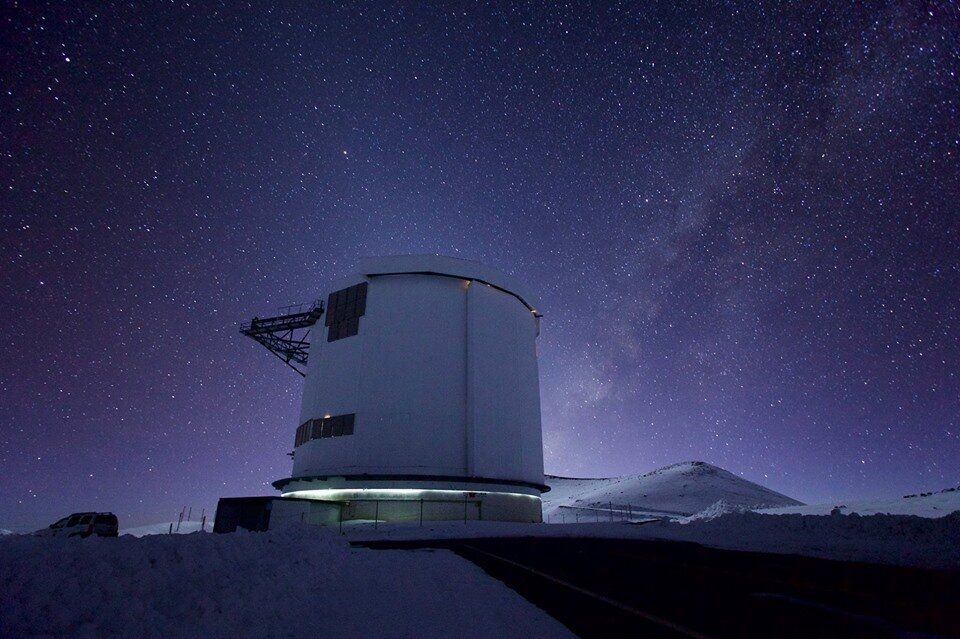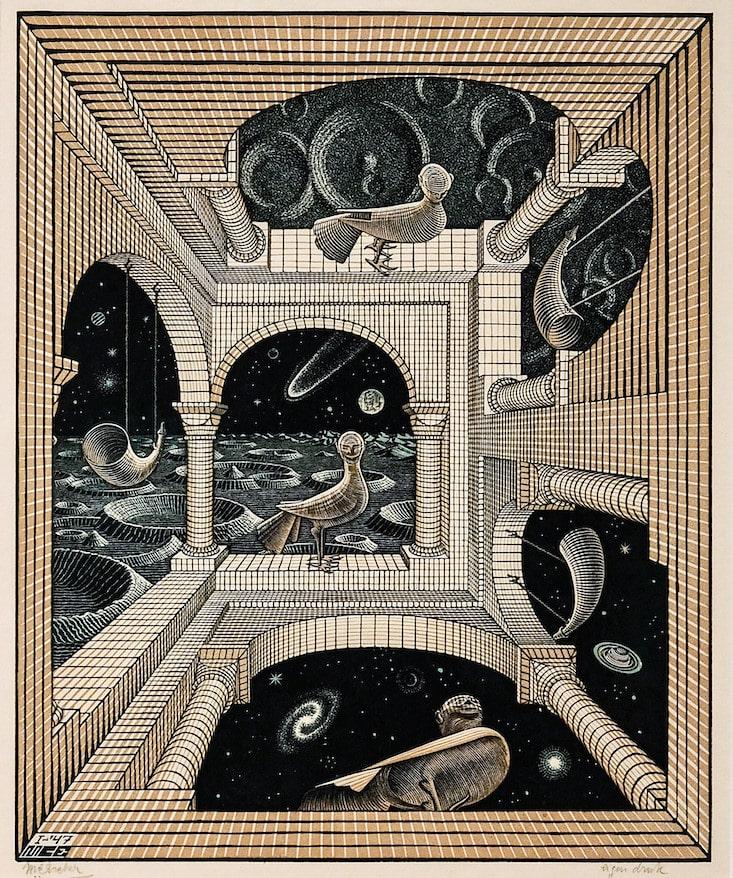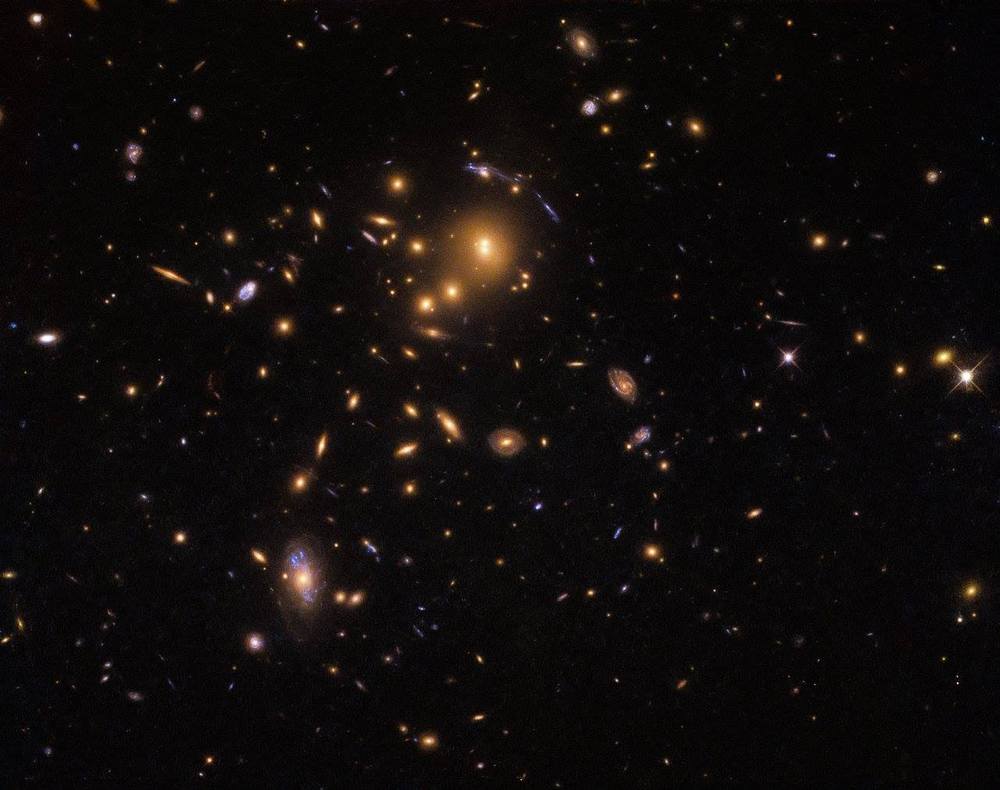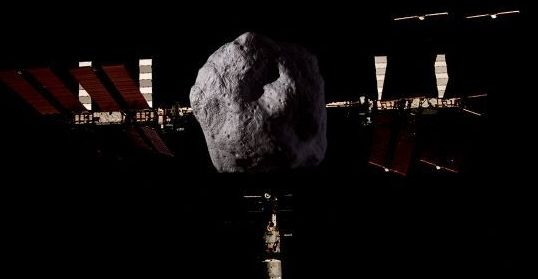God” according to Rev Benek is working thru people like me who are pioneers in the AI and uploading field — and I am developing a Zenet interface for artificial death simulating the Khemetic afterlife — not a Judeo-Christian version. Osiris is a key deity in Zenet, and has a special place in Mormonism btw. There are good technical reasons for using Zenet. Objectives for the dead are slightly different than play strategy for the living in Zenet (having already passed over the dangerous waters). It is the Bridge between Worlds perfect for artificial-death, no biblical or koranic account exists how to communicate between living and deceased. “The betterment of mankind” imo involves the Restoration of Ma’at. And the Egyptian afterlife is available to all races (not just chosen people) — “Hour Five is one of the most complex hours within the composition. In the upper registers, the gods are portrayed with a surveying cord, because the deceased are allotted space (in the form of fields) within this hour. The deceased are also allotted time, and hence the gods also carry the body of a serpent and the hieroglyphs meaning “lifetime” in the lower register. In order to accomplish this, the Apophis fiend, known as “the Retreater, must once again be battled and fettered. Behind Apophis we notice the ba-souls of the blessed dead, and at the beginning of the lower register are found the four ”races” of mankind, including Egyptians, Asiatics, Nubians and Libyans. Each race is represented by four individual figures, who are assured existence in the afterlife. They are placed in the care of Horus and Sakhmet. It should be noted that the Great Hymn of Akhenaten, Aten is said to care even for foreign people, and hence, they are sheltered in the realm of the dead, according to Even if the uploading doesn’t take, this belt and braces offering still offers (conventional religious) Immortality with Horus, Amen, Isis, Thoth and the gang. Why does it matter which ”God(s)” — so long as we make it to the (1st) afterlife with the bonus of communication with the living?
Funerary Text from Egypt’s New Kingdom.
